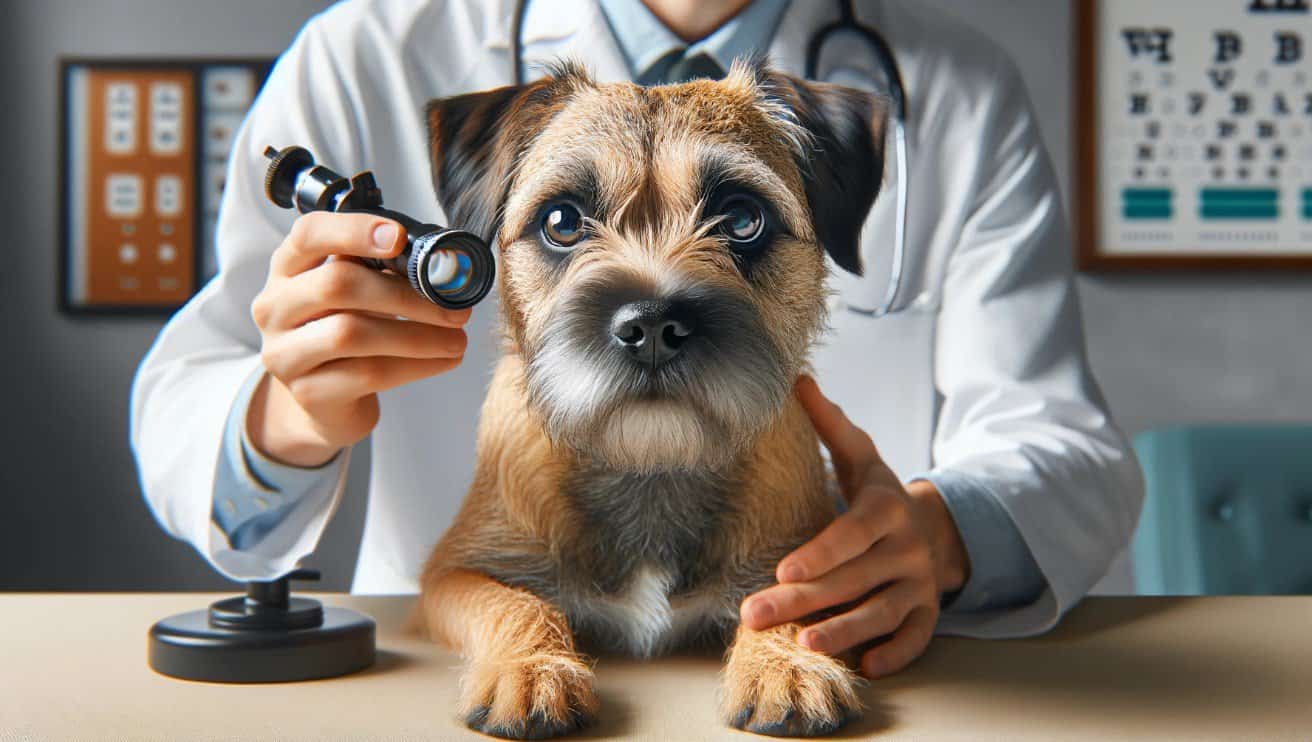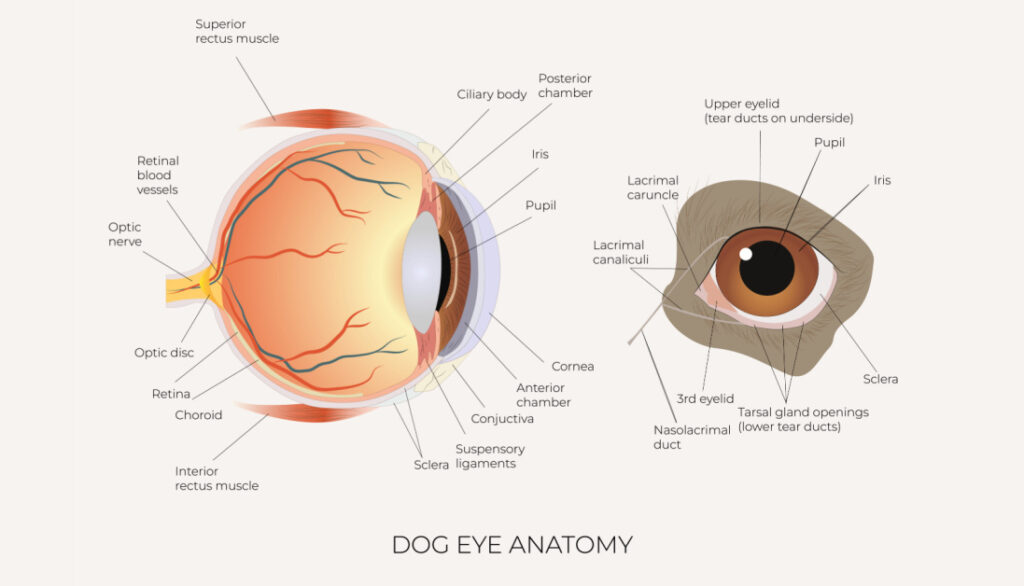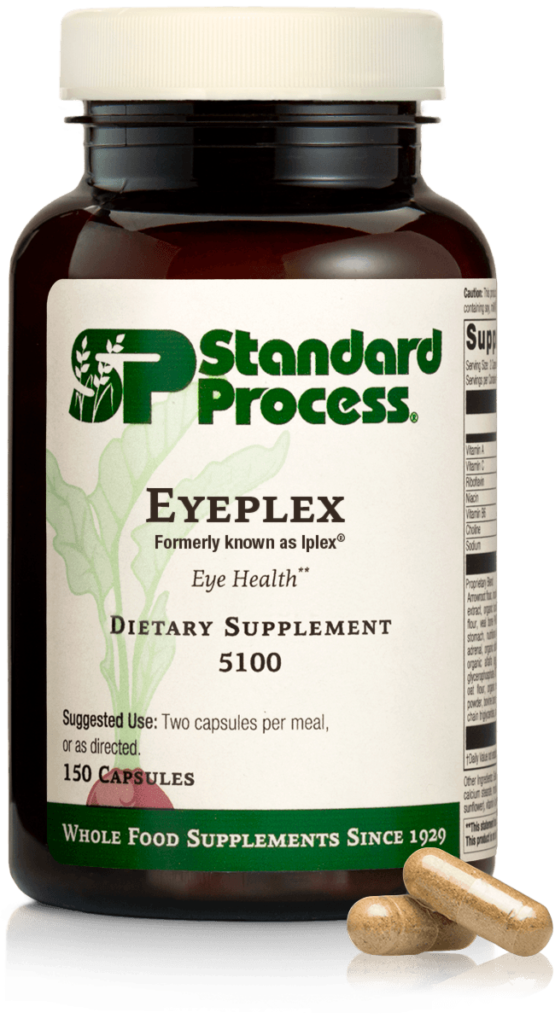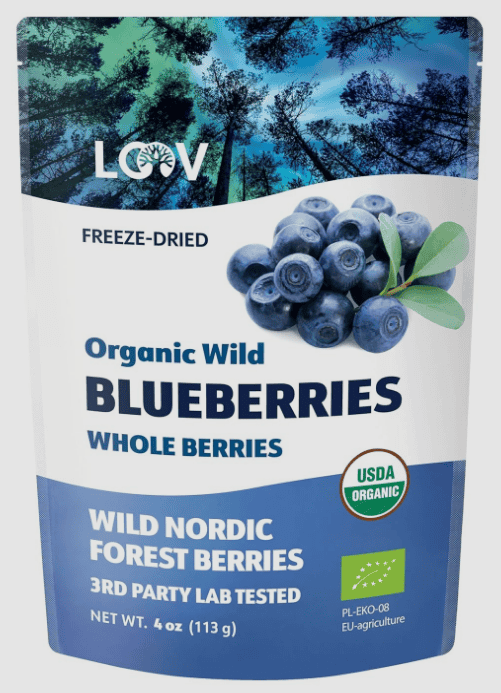Hey there, fellow dog parent! As a holistic veterinarian, I know just how much you adore your Border Terrier. These lovable, energetic, and intelligent dogs are a joy to have around, but like all breeds, they have their own unique health concerns. Today, we’re going to focus on Border Terrier Eye Health.
Eye health is an important aspect of overall pet wellness, and it’s especially vital for Border Terriers. These dogs have a distinctive eye structure, which can predispose them to certain conditions. From common issues like conjunctivitis and dry eye to more serious conditions like progressive retinal atrophy, understanding the potential problems can help you keep your pup’s peepers in top shape.
But don’t worry, it’s not all doom and gloom! There are plenty of preventative measures and treatments available to help maintain your Border Terrier’s eye health. A balanced diet, regular eye care, and a clean environment can go a long way in preventing issues. And if problems do arise, modern veterinary medicine offers a range of treatments to manage and even cure many eye conditions.
So, let’s dive in and learn all about Border Terrier Eye Health. Knowledge is power, and the more you know, the better you can care for your furry friend!

Understanding Breed Specific Eye Structure
Let’s dive right into the heart of what makes your Border Terrier’s eyes so unique. Understanding the specific eye structure of your beloved pet is the first step towards ensuring their optimal eye health.
Border Terriers, like many other breeds, have a particular eye structure that contributes to their distinctive appearance and personality. Their eyes are moderately sized, dark hazel in color, and set well apart, giving them an intelligent and keen expression. However, this breed-specific eye structure also predisposes them to certain eye health issues.
One specific characteristic of Border Terriers is their dense eyebrows and hairy face, which while adorable, can sometimes lead to eye issues. Hair can potentially irritate the eye surface, leading to discomfort or even infection. This is why regular grooming and eye care are essential for this breed.
Their eyes also have a slightly prominent position, which while giving them a lively expression, can make them vulnerable to injury and external irritants. The eyelids of Border Terriers fit closely around the eyeball, protecting it from dirt and debris. However, any looseness in the eyelids can expose the eye to environmental irritants and potential harm.
Furthermore, the tear film, cornea, and lens of Border Terriers’ eyes play a crucial role in their vision and overall eye health. The tear film keeps the eye moist, the cornea refracts light entering the eye, and the lens focuses this light onto the retina. Any impairment in these structures can affect your Border Terrier’s vision.
Understanding this breed-specific eye structure can help you as a pet parent to better monitor your Border Terrier’s eye health and take preventive measures. Remember, early detection and treatment of any potential eye issues can greatly improve the prognosis and quality of life for your furry friend. So, keep a close watch on those beautiful eyes that make your Border Terrier so uniquely charming!

Common Eye Issues In Border Terrier
As a veterinarian, I have seen many Border Terriers come through my doors, and I find that they are prone to certain eye health issues. It’s important to be aware of these conditions to ensure early detection and treatment, thereby maintaining optimal Border Terrier eye health.
- Entropion: This is a condition where the eyelid rolls inward, causing the eyelashes to rub against the cornea and lead to irritation. It’s common in Border Terriers and can cause corneal ulcers if left untreated.
- Cataracts: Just like in humans, Border Terriers can develop cataracts, which is a clouding of the lens in the eye that can lead to decreased vision and, in severe cases, blindness. Regular eye exams can help detect this condition early.
- Progressive Retinal Atrophy (PRA): This is a genetic condition that causes the cells in the retina to deteriorate over time, leading to vision loss. While there is no cure for PRA, early diagnosis can help manage the condition and slow its progression.
- Corneal Dystrophy: This is a condition characterized by the accumulation of abnormal material in the cornea, which can cause vision problems. It’s often an inherited condition in Border Terriers.
It’s important to remember that while these are common conditions, not all Border Terriers will experience them. Regular vet check-ups, early detection, and proper treatment can go a long way in maintaining your Border Terrier’s eye health.
As a dog parent, you should be observant for signs such as excessive blinking, redness, cloudiness, or a change in your dog’s behavior. These could indicate an underlying eye problem. If you notice any changes in your Border Terrier’s eyes, it’s important to consult a vet immediately.
Remember, maintaining good Border Terrier eye health is not just about treating conditions, but also about preventing them. Regular cleaning of your dog’s eyes, protecting them from harsh environmental factors, and feeding a balanced diet rich in antioxidants can help keep your Border Terrier’s eyes healthy.

Prevention of Eye Problems in Border Terriers
Ensuring your Border Terrier gets the right nutrients for optimal eye health is essential for maintaining clear vision and preventing age-related issues. Natural, nutrient-rich foods and supplements can play a key role in supporting their eyesight. From vitamin A-packed freeze-dried liver treats to antioxidant-rich blueberries and targeted supplements like Eyeplex by Standard Process, there are several ways to nourish your dog’s eyes. In this section, we’ll explore how these powerful ingredients contribute to long-term vision health and overall well-being.
Eyeplex by Standard Process
Eyeplex by Standard Process is a specialized supplement designed to support your Border Terrier’s eye health with a blend of essential nutrients. Formulated with key vitamins, minerals, and antioxidants, Eyeplex helps protect against oxidative stress, supports retinal function, and promotes overall vision health. Ingredients like vitamin A, vitamin C, and zinc contribute to maintaining strong eyesight, while whole food ingredients provide additional phytonutrients for cellular protection. Adding Eyeplex to your Border Terrier’s diet can be especially beneficial for aging dogs or breeds prone to eye conditions, offering targeted nutritional support to keep their vision sharp and healthy for years to come.

Freeze-Dried Blueberries
Freeze-dried blueberries are a powerhouse of antioxidants that can help protect your Border Terrier’s eyes from oxidative stress and age-related damage. Rich in vitamins C and E, as well as anthocyanins, these tiny but mighty berries help combat free radicals that can contribute to eye diseases like cataracts and macular degeneration. Incorporating freeze-dried blueberries into your dog’s diet provides a natural and delicious way to support retinal health, reduce inflammation, and promote overall vision longevity. Plus, they’re a low-calorie, dog-friendly treat that makes a great addition to a balanced diet for long-term eye health.

Freeze-Dried Liver
Freeze-dried liver treats are an excellent natural source of vitamin A, an essential nutrient for your Border Terrier’s eye health. Vitamin A plays a crucial role in maintaining good vision, especially in low-light conditions, while also supporting overall immune function and skin health. Since liver is rich in bioavailable vitamin A, incorporating freeze-dried liver treats into your dog’s diet provides a convenient and nutritious way to promote optimal eye function. Just be sure to feed them in moderation, as excessive vitamin A can lead to toxicity. Adding these nutrient-packed treats to your pup’s routine is a simple, tasty way to support their long-term vision and well-being!

By prioritizing your Border Terrier’s eye health through a balanced diet and nutritional supplements, you can help prevent many common eye issues. These simple steps can go a long way in ensuring your pup’s eyes stay healthy and clear for years to come.
Again, it’s important to consult your vet before introducing any new supplements to your dog’s diet. They can guide you on the appropriate dosage and frequency based on your Border Terrier’s specific needs.
Environmental Hygiene To Reduce Eye Problems
Keeping your Border Terrier’s environment clean is an essential part of ensuring their eye health. Here are a few areas to consider:
Indoor Air Quality
Indoor air quality can significantly impact your Border Terrier’s eye health. Dust, pollen, and other airborne particles can irritate their eyes, leading to problems such as conjunctivitis and dry eye. To improve indoor air quality, consider using air purifiers, especially in rooms where your Border Terrier spends most of their time. Regularly clean and vacuum your home to reduce dust and allergens. If possible, avoid smoking indoors as it can also irritate your pet’s eyes.
Sprays, Diffusers, Candles, Incense
Many common household items such as sprays, diffusers, candles, and incense can also affect your Border Terrier’s eye health. These items often contain chemicals and fragrances that can cause eye irritation. When using these products, make sure they are out of your dog’s reach and the room is well-ventilated. Opt for unscented or pet-friendly products whenever possible.
Furthermore, it’s crucial to monitor your Border Terrier’s reaction to these products. If you notice any signs of eye irritation, such as redness, excessive tearing, or your dog frequently rubbing their eyes, stop using the product immediately and consult your vet.
Outdoor Environment
When taking your Border Terrier outside, be aware of potential eye hazards. Bushes, branches, and grasses can scratch their eyes, while pollen can cause allergic reactions. Try to keep your dog away from these potential irritants. During pollen season, consider wiping your dog’s eyes with a damp cloth after walks to remove any pollen particles.
In essence, maintaining a clean and safe environment is a key aspect of protecting your Border Terrier’s eye health. By taking these steps, you can help prevent common eye problems and ensure your furry friend stays happy and healthy.

Routine Border Terrier Eye Care & Maintenance
As a Border Terrier owner, you play a crucial role in maintaining your furry friend’s eye health. Regular care and maintenance can help prevent common eye problems and ensure your pet’s eyes stay bright and clear. Here’s how to do it.
Daily & Weekly Care & Maintenance
Border Terrier eye care begins at home, and it’s a daily task. Every day, take a moment to check your dog’s eyes for any signs of redness, cloudiness, or discharge. These could be early signs of Border Terrier eye diseases that need immediate attention.
Use a soft, moist cloth to gently clean the area around your dog’s eyes as part of your daily grooming routine. This helps to remove dust, dirt, and any discharge that could cause irritation or infection. Be sure to avoid touching the eye itself, as this can cause discomfort or even injury.
Once a week, take a closer look at your dog’s eyes. Look for changes in color or clarity, which could indicate a developing eye condition. Also, check the eyelids and lashes. Inward-growing lashes or eyelids that roll inwards can cause discomfort and potentially lead to more serious eye problems.
Monitor Hair Length, Nail Length, Bath Frequency
Keeping your Border Terrier well-groomed is also part of good eye care. Long hair can fall into the eyes and cause irritation, so keep the hair around the eyes trimmed. However, be extremely careful when trimming – a slip could cause a serious injury. If you’re not confident doing this yourself, take your dog to a professional groomer.
Long nails can also be a hazard. If your dog scratches at its eyes, long nails could cause an injury. Regular nail trims can help prevent this. Again, if you’re not confident doing this yourself, a professional groomer or vet can help.
When it comes to baths, be careful not to get shampoo or soap in your dog’s eyes, as this can cause irritation. Use a tear-free dog shampoo and try to avoid the eye area as much as possible.
Remember, regular vet check-ups are also vital for maintaining your Border Terrier’s eye health. Your vet can spot potential problems early and provide appropriate treatment, helping to prevent serious eye conditions from developing.
In summary, maintaining your Border Terrier’s eye health involves daily care, weekly checks, and regular grooming. With the right care, you can help ensure your furry friend’s eyes stay healthy and clear.
Frequently Asked Questions
1. What are common eye health conditions in Border Terriers?
Answer: Common eye health conditions in Border Terriers include cataracts, progressive retinal atrophy (PRA), glaucoma, and corneal ulcers.
2. How can I identify if my Border Terrier has an eye health problem?
Answer: Look out for symptoms such as redness, excessive tearing, squinting, cloudiness or opacity in the eyes, bump or growth on the eyelids, or changes in vision. If you notice any of these signs, it is recommended to consult a veterinarian for a proper diagnosis.
3. Can eye health conditions in Border Terriers be treated?
Answer: The treatment options for eye health conditions in Border Terriers depend on the specific condition and its severity. Some conditions may require medication, surgery, or ongoing management to maintain the dog’s vision and prevent further complications.
4. How can I prevent eye health problems in my Border Terrier?
Answer: Regular veterinary check-ups are essential to monitor your Border Terrier’s eye health. Additionally, keeping their eyes clean and free from debris, avoiding exposure to irritants, and providing a balanced diet with necessary vitamins and antioxidants can help maintain good eye health.
